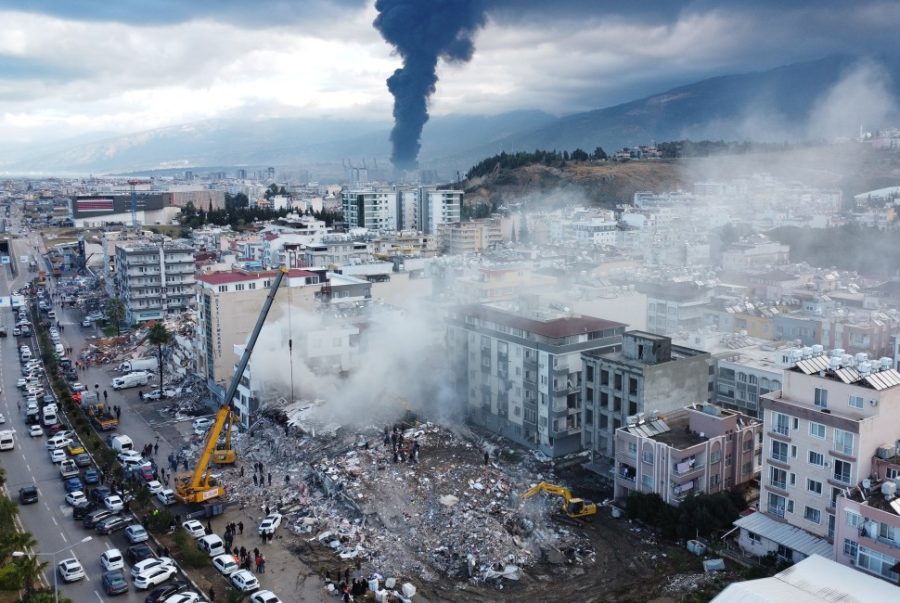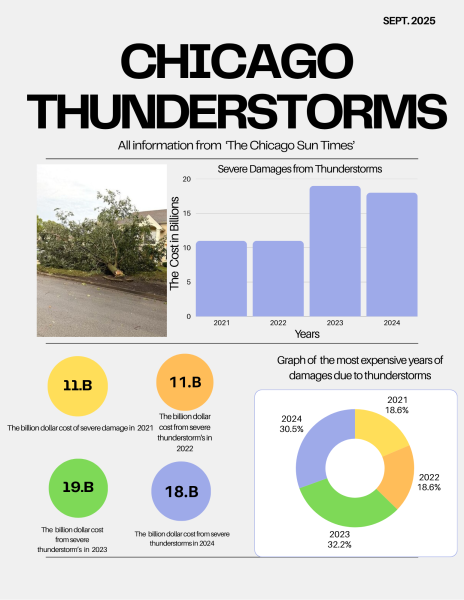Help Earthquake Victims in Turkey and Syria
The deadliest earthquake the world has seen in decades has been devastating Turkey and Syria since Feb. 6.
United Nations data stated that 43,000 people in Turkey and 5,500 people in Syria have lost their lives due to the natural disaster as of Feb. 24.
According to The New York Times, “the quake zone in Turkey stretches across more than 200 miles, from the Mediterranean in the south across mountains and to the east-central highlands and into northwestern Syria.”
Because of the tragic state of the victims, many are looking for ways to help the situation.
There are many national and international organizations that are well-known and trusted for their transparency and efficiency who are accepting donations to help, such as the United Nations International Children’s Emergency Fund (UNICEF), Doctors Without Borders, Global Giving and The International Federation of Red Cross and Red Crescent Societies (IFRC).
The International Blue Crescent Relief and Development Foundation “has offices in Gaziantep, Turkey, near the epicenter of the quake, and has been providing aid to victims since the first quake struck on Feb. 6,” according to USA Today.
On Global Giving’s website globalgiving.org you can search for Project #58539 to donate to that foundation’s efforts, and also to see what each dollar amount provides victims (i.e. $20 pays for five blankets, $40 for one day of hot soup distribution etc.).
In terms of what you should be donating, according to Forbes, “cash is king in emergencies.” While it’s not a bad thing to donate canned food, clothing, or other material goods, “needs change constantly in disaster situations, so having cash available allows relief organizations to expeditiously meet the current demands.”
USA Today suggested that donors give monthly as opposed to one-time donations to help charities sustain a long-term impact. In fact, many charities experience problems when donations plummet after only a few weeks due to many one-time donations.
Monetary donations can also help the countries’ economies and support local businesses, which helps communities to recover from disasters more easily.
However, you need to be careful when donating money to avoid scammers trying to take advantage of
To help filter out sketchy or less reputable charities, it’s helpful to go to a website such as Charity Navigator or Guidestar, which will evaluate charities based on how effective and transparent they are.
You can also search a charity’s name with keywords such as “scam,” “fraud” and “review” to figure out if they have been participating in suspicious activity.
Additionally, be careful if you’re donating to a charity you don’t recognize that “asks for donations in cash, by gift card or by wiring money–this is a common request by scammers (it’s safer to use credit cards or checks),” according to Forbes.
With these tips, you can learn how to make your donations as efficient as possible, so that you can make the biggest impact with the money you have.






